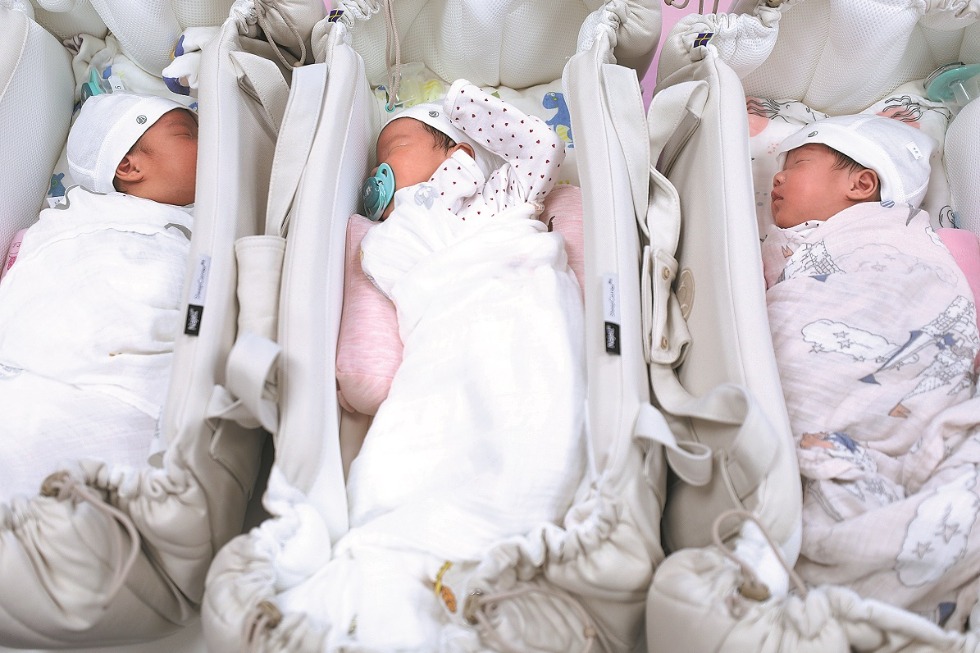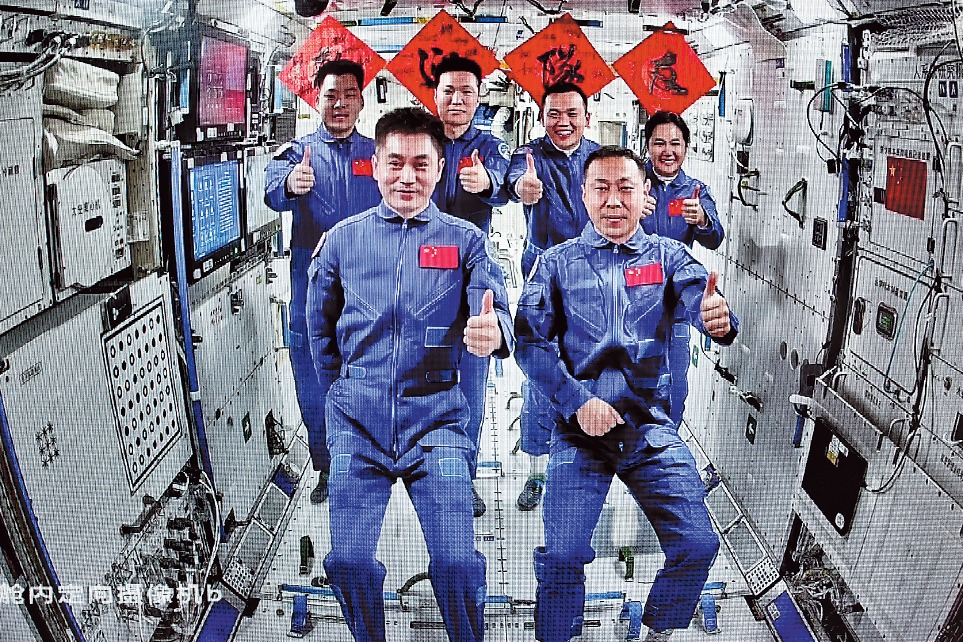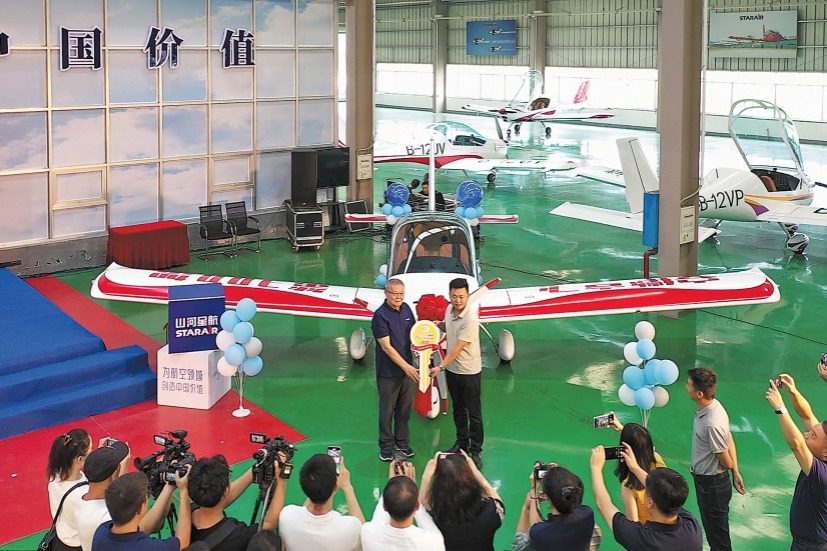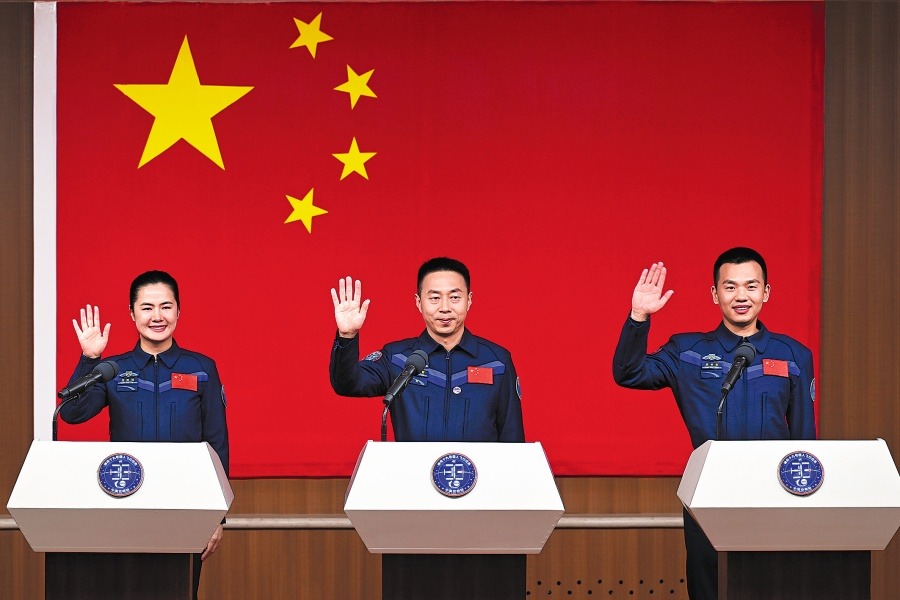Province sets its sights firmly on the future

Economic drivers

In addition to working to improve the performance of the chemical industry, the authorities in Hubei are striving to advance other traditional industries, such as the automobile sector, to achieve better growth.
Hubei is a major automobile manufacturing base. In 2021, about 2.1 million vehicles were produced in the province, accounting for 8 percent of China's total.
As the new energy vehicle, or NEV, industry gains ever stronger momentum in China, Hubei is looking to turn itself into an innovation hub and manufacturing base for new energy and smart vehicles, one of five emerging industries the province aims to promote to further hone its competitiveness.
A number of NEV companies and battery makers are operating in the province, which has set a goal of raising the value of its new energy vehicle industry to more than 300 billion yuan ($41 billion) by next year.
These companies include Xiangyang Tenglong Automobile Co, which began operating in Xiangyang city in northern Hubei in 2017 to produce new energy buses and multipurpose vehicles. The company is headquartered in Jiangsu province.
Zhou Shengming, deputy general manager of Tenglong, said the company chose Xiangyang because of the city's welcoming business environment.
The local government is very supportive, and the company enjoys preferential tax and land use policies, he said.
The city also provides a steady supply chain for car companies.
Automobiles have been made in Xiangyang for four decades, and the city is home to several hundred car manufacturers and auto parts factories.
Over the past 10 years, Xiangyang has kept pace with growth of the NEV industry.
In 2013, the central government released a list of 28 cities and regions, including Xiangyang, to support in promoting the use of NEVs.
In 2021, Xiangyang drew up an action plan to transform its automobile industry, and decided to establish a special fund for promoting NEVs.
Zhou said of all the auto parts his company uses to make vehicles, 60 to 70 percent are provided by companies in Xiangyang or other areas of Hubei.
"You can buy all the auto parts you want here," he said, adding that his company now produces and sells 4,000 to 5,000 vehicles a year. Some 15 percent of them are exported to countries such as Indonesia, Malaysia and Egypt.
Another example of Xiangyang's determination to boost its NEV industry is the launch of a battery factory by new energy vehicle manufacturer BYD.
The city government signed an agreement with BYD in January last year, and adopted a series of measures to pave the way for the early opening of the factory.
Construction of the plant started in April last year, and its first production line went into operation in December.
Zhang Dada, an employee at BYD's battery-making subsidiary, said such a fast pace demonstrates the high level of importance the Xiangyang government places on the NEV industry.























